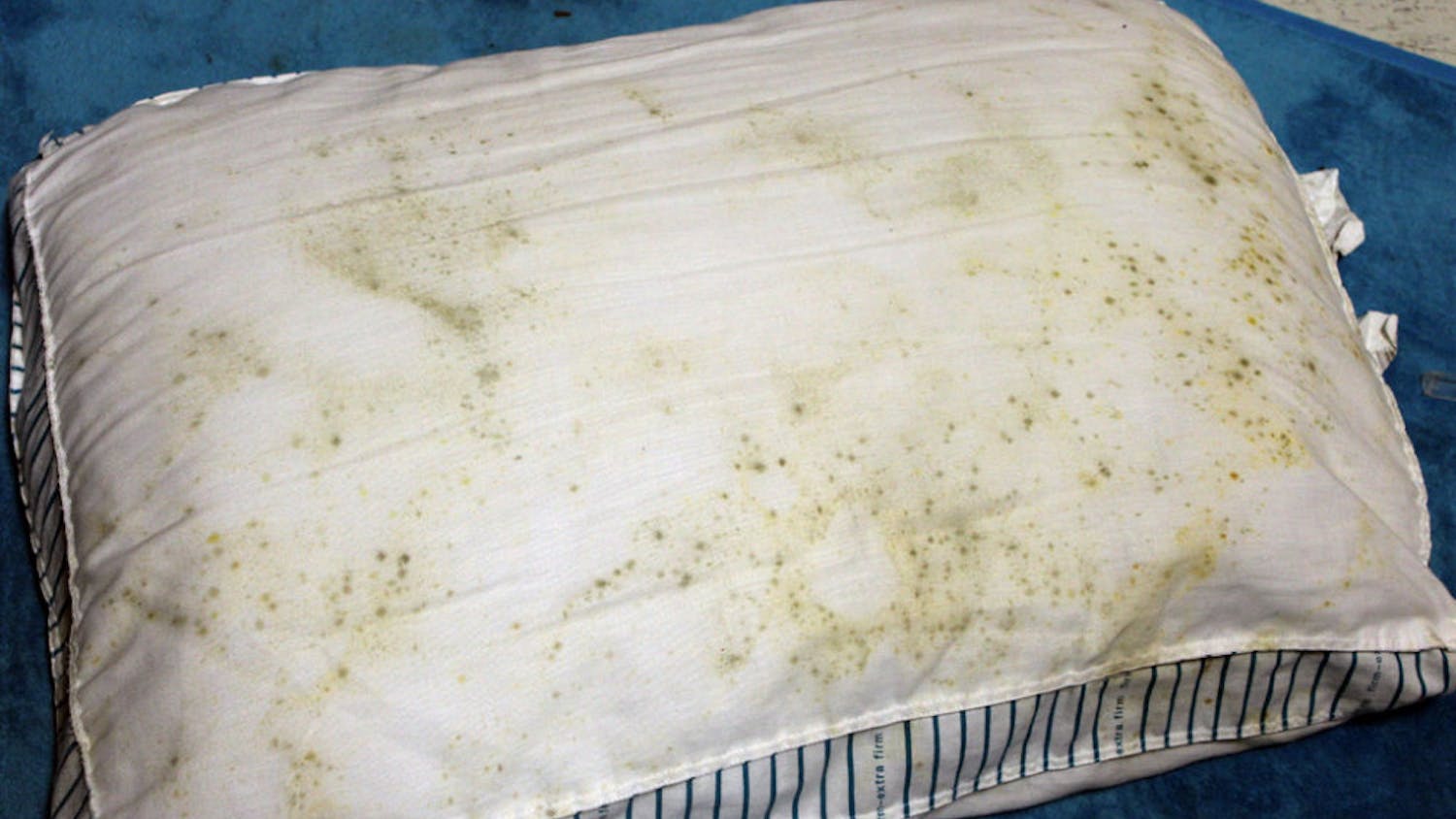In 1959, Bryant E. Middleton attended the Florida School for Boys, a North Florida reform school.
Fifty-seven years later, he sat at a row of desks in UF’s Law School Chesterfield Smith Ceremonial Classroom, listening to a reporter and a professor shed light on the mysterious deaths and abuses that happened at his former school in Marianna, Florida. The school was later renamed the Arthur G. Dozier School for Boys.
“We did not have criminals at that school,” Middleton, 71, said. “There were no murderers. There were no rapists. Most of us were young children that were at the school. It was a terrible place.”
On Wednesday, UF’s Levin College of Law school hosted “Death at Dozier: Unearthing, Remedying, and Preventing Human Tragedies,” a panel discussion of UF professors and experts who investigated the physical and sexual abuses and mysterious deaths that occurred at the reform school.
The school opened in 1900 and was shut down after a federal investigation in 2011.
Ben Montgomery, a Tampa Bay Times reporter, heard about Dozier’s story in 2008, when the state issued a plaque to honor the boys who were physically and sexually abused as consolation. The plaque caught Montgomery’s attention, he said. From there, he reached out to Erin Kimmerle, a University of South Florida anthropology professor.
For six years, they fought resistance from the state to uncover the mysterious deaths of boys at the school. The state reported 31 bodies; Kimmerle found 50.
Along with Kimmerle’s graduate students, they got to work, reaching out to families of the boys who had died there. Boys as young as six were used to manage crop fields. To date, she said seven bodies have been positively identified and returned to their families.
“It’s not something you can say, ‘Well this is history,’” she said. “The past is really the present. It’s not just something from long ago.”
UF history associate professor Paul Ortiz said the culture of racism and corruption in the state allowed the atrocities at Dozier happen.
“There are many Doziers throughout the American South,” Ortiz said, adding that it takes multiple perspectives to explain systems like Dozier.
UF law professor Darren Hutchinson said the constitutional rights that protects U.S. citizens from cruel and unusual punishment may have been broken.
“Depending on how and when the boys died, the state could’ve violated the boys’ Eighth Amendment rights,” Hutchinson said.
For Middleton, the fight for justice continues.
“You want to know you can do?” he told the audience. “Write your legislator, write the governor, ask for help. We did, and we’ve made great end strides to get things corrected.”





